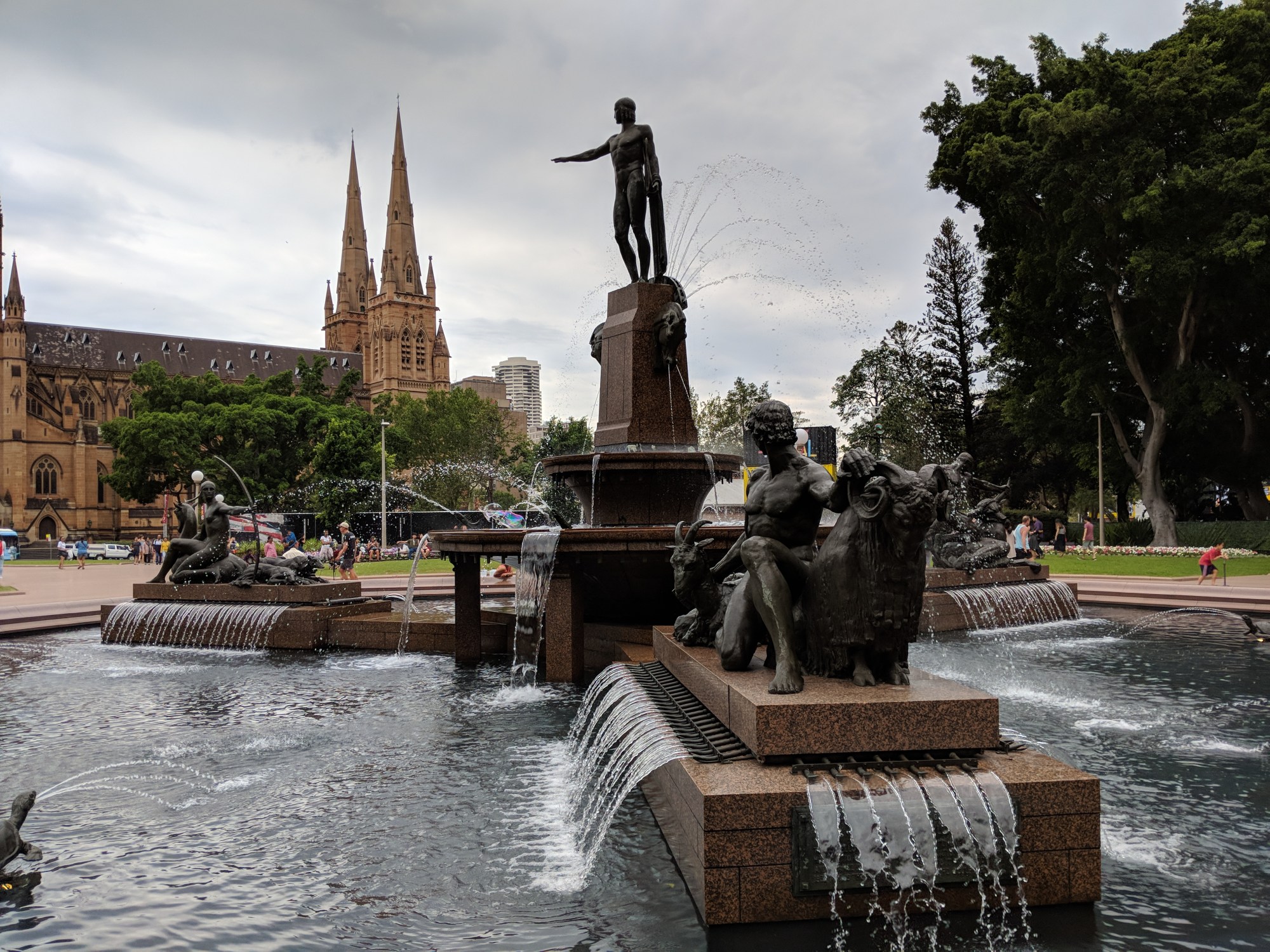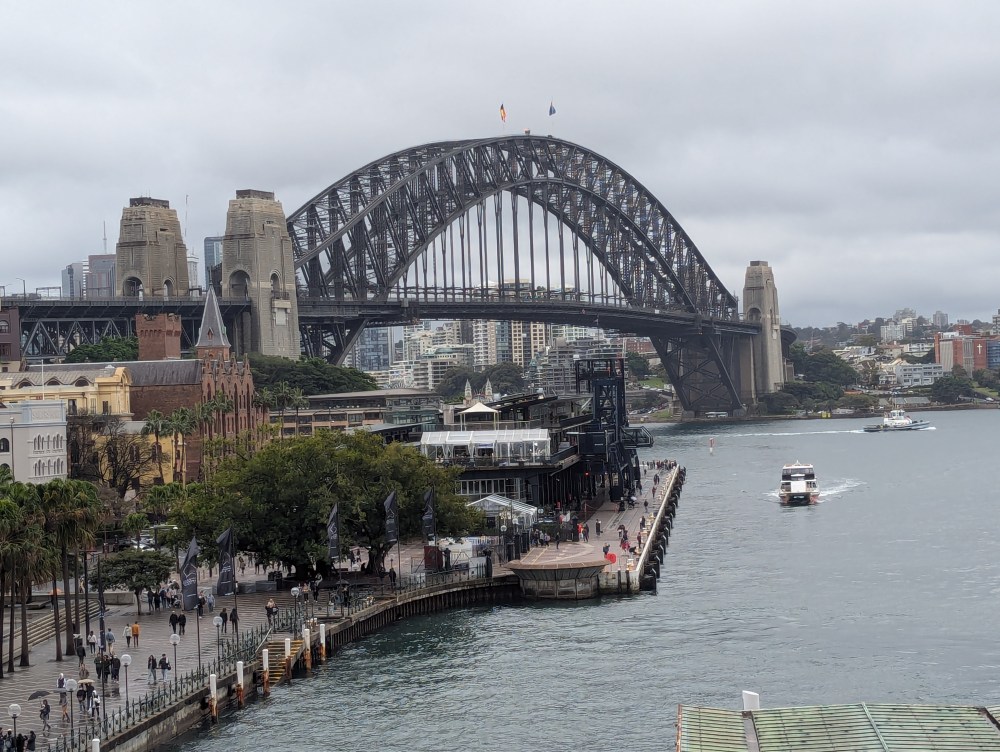Exploring Sydney With Voice Search: Your Ultimate How-to Guide

Exploring Sydney with Voice Search: Your Ultimate How-To Guide
As a travel blogger, staying ahead of the game means adapting to the latest digital trends. One of the most impactful trends today is voice search. Optimising your travel blog for voice search isn’t just about following the latest fad; it’s about enhancing user experience and ensuring your content reaches the widest audience possible. In this guide, we’ll walk you through the essentials of voice search optimisation, specifically tailored for showcasing the vibrant city of Sydney.

Understanding Voice Search and Its Importance
Voice search is transforming how people interact with technology. Rather than typing queries into a search engine, users speak their questions aloud. This shift affects how we should approach search engine optimisation (SEO) for our travel blogs. By optimising for voice search, you ensure your content is easily discoverable through virtual assistants like Siri, Google Assistant, and Alexa.
Target Keywords: Speak Their Language
When optimising for voice search, it’s crucial to understand that people speak differently than they type. Voice search queries are often longer and more conversational. Here’s how you can optimise your travel blog for Sydney-related voice queries:
- Long-Tail Keywords: Instead of targeting short, generic keywords like “Sydney attractions”, aim for longer phrases like “What are the best tourist attractions in Sydney?”
- Natural Language: Use natural, conversational language in your content. Imagine how someone would ask a question out loud and integrate those phrases into your blog.
- Question Words: Incorporate common question words (who, what, where, when, why, how) into your content. For instance, “How can I get around Sydney using public transport?”
Optimising Blog Content for Voice Search
- Write Conversationally
The key to voice search optimisation is writing in a natural, conversational tone. Your blog posts should mimic the way people speak. When crafting your Sydney travel content, think about how a local might explain the city’s attractions to a friend.
- Answer Questions Directly
Voice search users often seek quick, straightforward answers. Use your headings and subheadings to pose questions and provide clear, concise answers. For example:
- What are the must-see landmarks in Sydney?
- Sydney Opera House
- Sydney Harbour Bridge
- Bondi Beach

- Use Structured Data
Implementing structured data (schema markup) can significantly enhance your content’s visibility in voice search results. For a travel blog, this might include:
- Local Business Schema: If you recommend cafes or restaurants in Sydney, include their name, address, and opening hours.
- Event Schema: For listing events, include details like date, location, and event description.
Leveraging Sydney-Specific Content
Highlight Unique Sydney Experiences
Sydney is known for its unique blend of urban and natural attractions. Make sure to cover both well-known landmarks and hidden gems. Topics could include:
- Outdoor Adventures: Discuss activities like hiking in the Blue Mountains, surfing at Bondi Beach, and exploring the Royal Botanic Garden.
- Cultural Experiences: Highlight the Sydney Opera House, local art galleries, and the vibrant nightlife.
- Dining Recommendations: Provide reviews of popular dining spots, including vegan and vegetarian options.
Incorporate Local Lingo
Adding a touch of local language can make your content more authentic and engaging. For instance, use Aussie slang where appropriate, like “avo” for avocado or “brekkie” for breakfast. This not only resonates with locals but also enhances the voice search optimisation by matching natural spoken queries.
Monitoring and Adjusting Your Strategy
Voice search optimisation isn’t a one-time task. Regularly monitor your blog’s performance and make adjustments as needed. Use tools like Google Search Console to track how your content is performing in voice searches.
- Analytics: Keep an eye on which pages are getting the most voice search traffic and which keywords are driving that traffic.
- Feedback: Listen to your audience. Encourage comments and questions on your blog posts, and use this feedback to refine your content.
![]()
Conclusion
Optimising your travel blog for voice search is an essential step in staying relevant in today’s digital landscape. By focusing on natural language, answering questions directly, and incorporating structured data, you can ensure your content is easily discoverable by voice search users. And what better place to start than with the dynamic and diverse city of Sydney? Embrace these strategies, and watch your blog’s reach and engagement soar.
